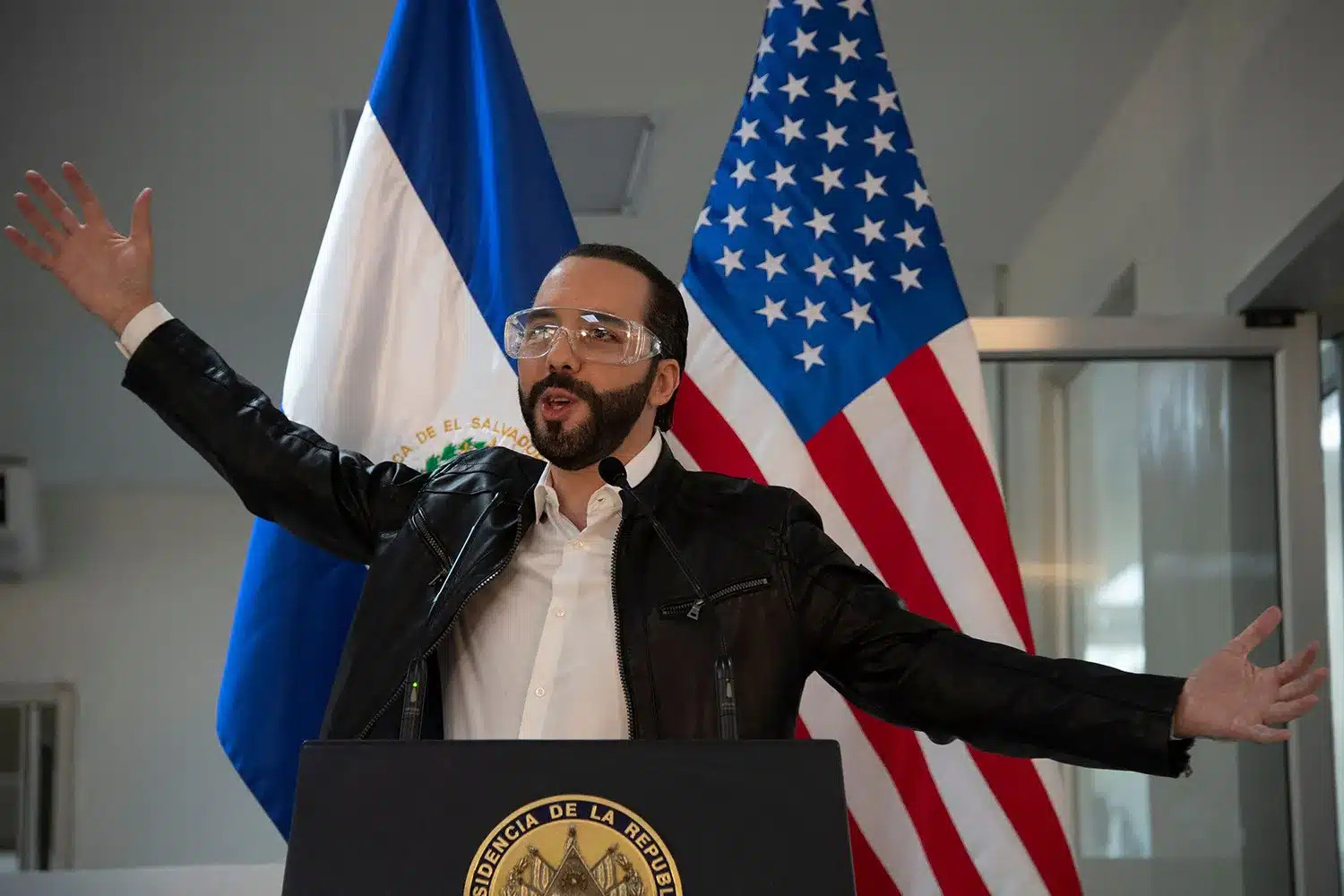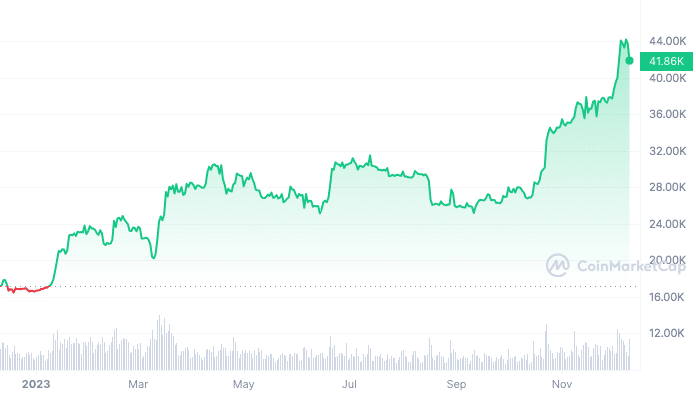The government of El Salvador has unveiled a novel “Freedom Visa” program targeting cryptocurrency millionaires with residency and eventual citizenship offered in return for a $1 million Bitcoin or USDT investment.
The Central American nation aims to attract fresh capital inflows by leveraging its appeal among Bitcoin enthusiasts drawn to El Salvador’s trailblazing adoption of the digital asset as legal tender. However, with only 1,000 spots available annually, the steep $1 million price tag has raised skepticism over global competitiveness.
El Salvador Could Bring Investments of Up to $1 Billion if the Freedom Visa Succeeds
Announcing the “Adopting El Salvador Freedom Visa Program” this week, President Nayib Bukele’s administration touted residency and a pathway to citizenship for up to 1,000 wealthy investors per year. The visa would be granted in return for a minimum $1 million deposit held in either Bitcoin or Tether (USDT).
An initial non-refundable $999 application fee, payable in BTC or USDT, would be credited towards the full $1 million investment. Successful applicants must then pass a Know Your Customer (KYC) verification procedure performed by Tether, the company that manages the popular stablecoin and that has been selected to assist the country in the program’s launch.
If filled to capacity annually, the Freedom Visa could funnel $1 billion into El Salvador’s coffers. This would rival inflows from similar citizenship offerings from countries like Vanuatu. That said, critics have called into question the lofty $1 million minimum investment and its attractiveness to eligible candidates compared to other competing global programs.
Why Are Crypto Enthusiasts Being Targeted?
As the globe’s first country to declare Bitcoin legal tender in 2021, El Salvador has actively courted cryptocurrency companies and investors. Now, it hopes to leverage this crypto-friendly reputation to attract fresh foreign capital from Bitcoin deca-millionaires and Tether’s extensive stablecoin user base.
President Bukele has targeted Bitcoin integration as a tool for combating his country’s reliance on the US dollar and susceptibility to organizations like the IMF. The Freedom Visa’s $1 million price tag in BTC or USDT aligns with this mission to tap decentralized digital assets to gain further economic control.
Offering citizenship to those ready to double down on El Salvador’s Bitcoin experiment also incentivizes investors who might be philosophically aligned with Bukele’s financial vision. This gives the country an edge in wooing crypto industry patrons beyond just capital flows.
El Salvador’s Current Bitcoin Holdings Exceed $130 Million
Since adopting Bitcoin (BTC) as legal tender, El Salvador has accumulated over 2,700 coins now worth more than $130 million. President Bukele tweeted this week that with Bitcoin moving above the $40,000 threshold recently, the government’s position has become profitable for the first time in nearly two years.
If Bitcoin sees another bull run alike any of its previous ones, El Salvador could make a tremendous amount of money to help further the small nation. Naturally, this profit potential comes with massive risk if Bitcoin doesn’t succeed or if the fund is managed poorly.
Additional programs to spur the Bitcoin mining infrastructure within El Salvador have attracted companies like Australian firm Volcano Energy. This February, Volcano kicked off a $1 billion investment to develop green-powered Bitcoin mining facilities across the country.
Thus far, El Salvador has succeeded in drawing and executing plans that help validate its Bitcoin-centered strategy by harnessing the support of global industry players. This credibility could strengthen the country’s appeal to high-net-worth individuals who are able to afford the Freedom Visa’s hefty demands.
Critics Highlight Stiff Global Competition
Critics of El Salvador’s newest citizenship-by-investment initiative emphasize that much cheaper alternatives exist worldwide for securing residency rights. Alistair Milne, founder of digital asset hedge fund Altana Currency Fund, noted on Twitter that several EU nations offer citizenship for much less than $1 million.
Within the Caribbean region, neighboring countries provide similar golden passport opportunities for far lower capital commitments. Countries like Dominica, Antigua and Barbuda, and St. Lucia have programs that require a $100,000 minimum investment into government bonds or real estate to be eligible for citizenship or permanent residency.
Also read: New Crypto Laws in El Salvador Leave Door Open For ‘Disguised Government Borrowing’
This makes El Salvador an extreme global outlier in targeting a $1 million minimum contribution strictly structured around digital assets. With lucrative tech talent proving to be increasingly mobile, the country may struggle to attract citizenship buyers at the same scale as these lower-demand Caribbean destinations.
Nonetheless, by staking citizenship permissions upon Bitcoin/Tether deposits instead of property or sovereignty bonds, El Salvador has crafted a uniquely crypto-aligned residency offer. This could resonate soundly with investors who are fully embracing digital assets and decentralized finance (DeFi).
Also read: Tether Unveils Plan to Invest $500 Million in Bitcoin Mining Operation
As Bukele’s administration keeps tethering the country’s financial fortunes to Bitcoin’s long-run ascent, the Freedom Visa will serve as a barometer of external confidence in the sustainability of this strategy. Its lofty expectations could either set precedents globally or force concessions aligning El Salvador closer to prevailing global market rates for citizenship rights.

